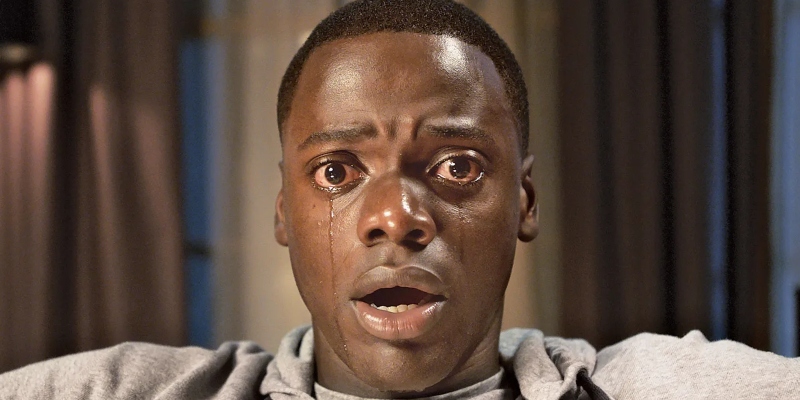In the latest “Craftwork” episode, a deep-dive conversation about the horror genre with author and story expert John Truby. His latest book, The Anatomy of Genres: How Story Forms Explain the Way the World Works, is available from Picador.
Subscribe and download the episode, wherever you get your podcasts!
From the episode:
Brad Listi: What we’re touching on is something that you repeatedly say throughout this book and in this chapter in particular—that for horror stories to become transcendent, they tend to become internal and deeply human and very character concerned. It’s not just about the the horrible monster or the special effects or hitting those tropes. It’s when you create a real dimensional hero or heroine who’s dealing with real, relatable human challenges.
John Truby: Right. And this is the key to transcending, right there, is what you do with the main character. The first half of every chapter, I go through the 15 to 20 plot beats in sequence that you have to be able to hit in order to tell that story properly. The second half of each chapter, I go through the thematic elements. And what is theme? Theme is really how the main character goes through character change or fails to go through character change over the course of the story. In going through and being forced to go through these plot beats, what is the character change that they are pressured into making?
That’s why the key to transcending horror is don’t just have the character be a victim. The main character in horror is typically the lowest character you can have, which is a victim. You don’t want to do that. You want to give them some agency. This is a person who is dealing with severe mental problems. And then the question is, how do they handle it? Now, yes, it is negative. And this is one of the few forms where the character does not go through character change. Not that the writer forgot to do it. It’s a cautionary tale. They were unable to make that change.
But this is why stories like Get Out, one of the best, most transcendent horror stories in many years, was so great—because they gave the character some agency. It didn’t end in total defeat. And in horror, the typical ending isn’t just one defeat. It’s a second defeat that is an eternal recurrence. In other words, we know as the audience, this is going to happen forever. This is never going to get solved. The problem is, that’s a very depressing ending. That is a very depressing form in terms of what is the ability of a human being to get better and to grow in some way?
This is one reason why transcendent horror is either combined with myth, which is the religion story, or it is combined with science fiction, which then takes our attention from the individual in the story to human beings as an entire race of beings, and can we solve the problem of what it means to be human in time? It’s very challenging to transcend the horror form.
*
John Truby is the founder and director of Truby’s Writers Studio. Over the past 30 years, he has taught more than 50 thousand students worldwide, including novelists, screenwriters, and TV writers. Together, these writers have generated more than 15 billion dollars at the box office. Truby has an ongoing program where he works with students who are actively creating shows, movies, and novel series. He regularly applies his genre techniques in story consulting work with major studios including Disney, Sony Pictures, Fox, HBO, the BBC, Canal Plus, Globo, and AMC. He lives in Los Angeles with his wife, Leslie, and their two cats, Tink and Peanut. For story software and courses, please visit Truby.com.
Otherppl with Brad Listi
Otherppl with Brad Listi is a weekly podcast featuring in-depth interviews with today’s leading writers. All episodes—hundreds of them—are available for free. Listen via iTunes, Stitcher, iHeart Radio, or right here on Lit Hub. You can also download the Otherppl with Brad Listi app, available for iPhone and Android.




















